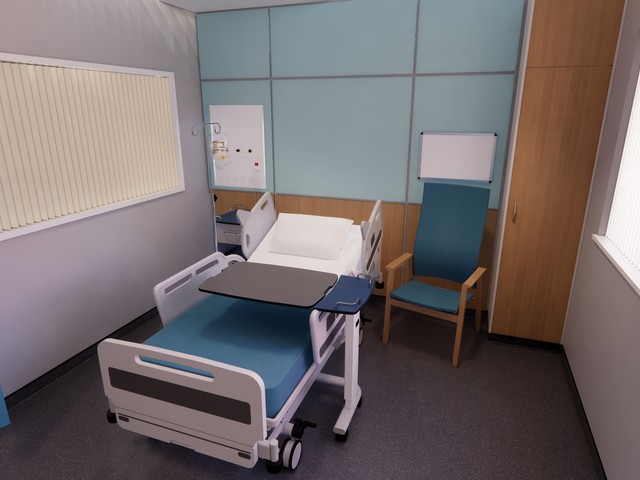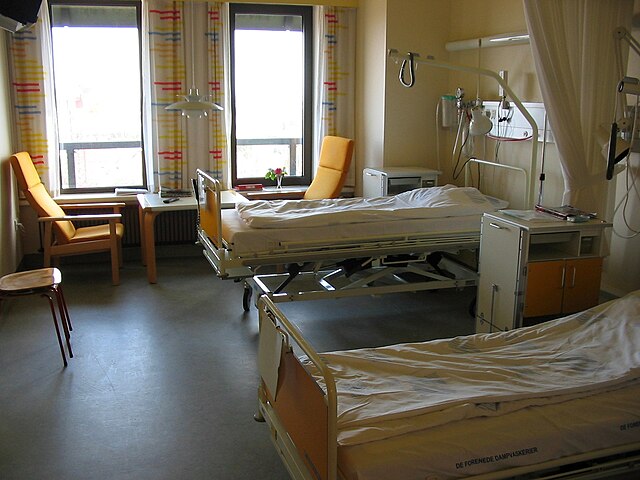Innovations in hospital medical supply management have become paramount in ensuring the seamless operation of healthcare facilities while optimizing patient care. With the increasing complexity of medical treatments and the growing demand for efficient healthcare delivery, hospitals are continually seeking ways to enhance their supply chain processes. From advanced technology integration to streamlined inventory management systems, the landscape of medical supply management is undergoing a transformative evolution.
The Importance of Effective Medical Supply Management
Efficient medical supply management is crucial for hospitals to maintain the quality of patient care, manage costs, and ensure the availability of essential supplies. Inadequate management can lead to stockouts, overstocking, expired supplies, and ultimately impact patient safety and satisfaction. Therefore, adopting innovative strategies and technologies is essential for addressing these challenges and improving overall operational efficiency.
Leveraging Technology for Streamlined Processes
One of the most significant innovations in hospital medical supply management is the integration of technology-driven solutions. Automated inventory systems, utilizing RFID (Radio Frequency Identification) and IoT (Internet of Things) devices, allow hospitals to track supplies in real-time accurately. These systems provide detailed insights into inventory levels, usage patterns, and expiration dates, enabling proactive management and minimizing wastage.
Furthermore, advanced analytics and artificial intelligence (AI) algorithms help forecast demand more accurately, allowing hospitals to optimize inventory levels and reduce carrying costs. Predictive analytics can anticipate trends and fluctuations in supply and demand, enabling proactive decision-making and preventing disruptions in the supply chain.
Collaboration and Data Sharing among Stakeholders
Another innovation shaping medical supplies management is the emphasis on collaboration and data sharing among stakeholders. Hospitals are increasingly partnering with suppliers, distributors, and other healthcare institutions to create interconnected supply networks. Through collaborative platforms and data-sharing initiatives, stakeholders can exchange information seamlessly, streamline procurement processes, and ensure the timely delivery of critical supplies.
Moreover, the adoption of cloud-based supply chain management systems enables real-time data access and collaboration from anywhere, facilitating efficient communication and decision-making among stakeholders. This interconnected approach fosters transparency, reduces inefficiencies, and enhances overall supply chain resilience.

Sustainable Practices and Eco-Friendly Solutions
In recent years, there has been a growing focus on sustainability and eco-friendly practices in medical supply management. Hospitals are actively seeking environmentally friendly alternatives and implementing recycling programs to minimize waste generation. Additionally, the use of reusable medical devices and packaging materials not only reduces environmental impact but also helps lower operational costs in the long run.
Furthermore, innovative packaging designs and materials are being developed to optimize storage space and improve logistics efficiency. By adopting sustainable practices, hospitals can contribute to environmental conservation efforts while maintaining high standards of patient care.
Conclusion
Innovations in hospital medical supply management are revolutionizing the way healthcare facilities operate, leading to improved efficiency, cost savings, and better patient outcomes. By leveraging technology, fostering collaboration among stakeholders, and embracing sustainable practices, hospitals can overcome challenges associated with supply chain management and create a more resilient healthcare infrastructure.
As the healthcare industry continues to evolve, staying abreast of the latest innovations and trends in medical supply management is imperative for hospitals to remain competitive and deliver exceptional care to patients.




